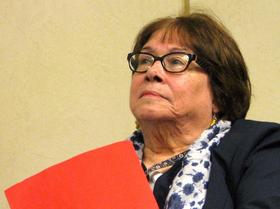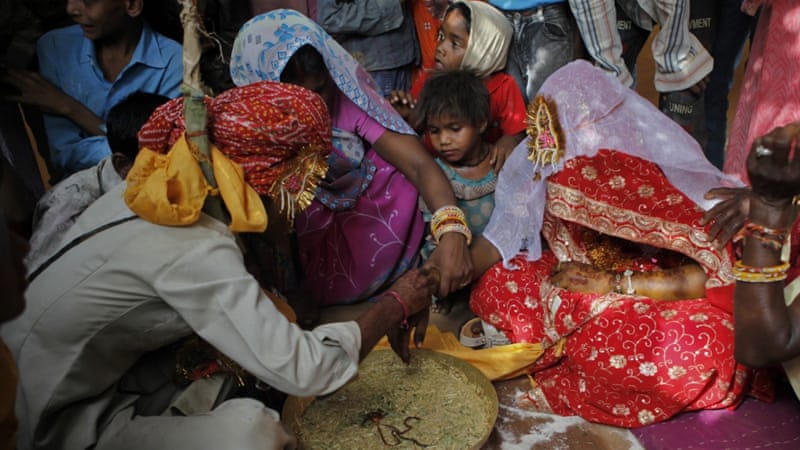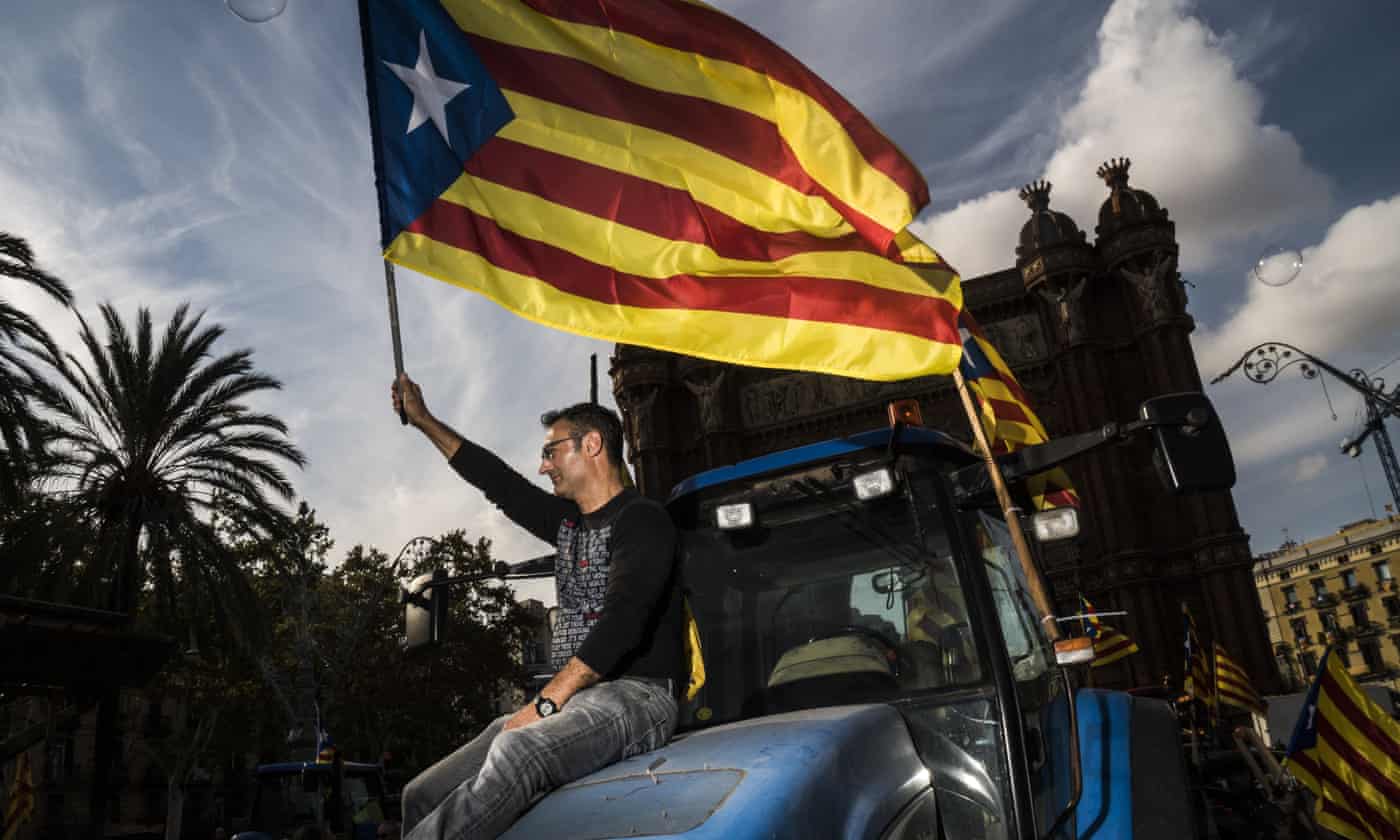By Sarah Purtill
Impunity Watch Reporter, North America
KANSAS, United States – More than 70 children are missing from Kansas’ privatized foster care system. In total, there are 74 children missing from the Kansas foster care system. KVC Kansas, the contractor for the cases in eastern Kansas has 38 of the missing children under its supervision and 36 more are under the supervision of Saint Francis Community Service’s in the western part of the state.
Three sisters, under the care of their great aunt, have not been seen since late August. Phyllis Gilmore, the head of the Kansas Department for Children and Families was not aware of the sisters’ disappearance before the Kansas City Star first reported it. Gilmore claims that tracking children in foster care is just one of the department’s responsibilities. She says the department has policies in place to attempt to find missing children and return them to their foster homes. “These children who run away are not under lock and key; they are generally in family foster homes, older youth, who attend school and activities, and they often miss their biological families,” she said.

Kansas has approximately 7,100 children in foster care as of August 2017. The missing 74 are 1% of the total children in the foster care system. That number is on par with the national average. The United States Department of Health and Human Services reported that during the 2015 federal government’s fiscal year, approximately 4,600 foster care children were listed as runaways which is about 1.1% of the almost 428,000 total.
Rep. Linda Gallagher said even if the number of missing children is on par with the national average, it is still too many. Chad Anderson, chief clinic officer at KVC Kansas, acknowledged to the child welfare task force that contractors can do a better job. “I don’t know that we as contractors have shared as much in terms of missing youth and the day to day as we probably should,” Anderson said. He added that contractors update the Department of Children and Families every 30 days on missing children.
During a meeting of an oversight panel at the Statehouse in Topeka, foster care contractors provided the information in response to questions about the disappearance of the three sisters. Rep. Steve Alford, chair of the task force, said he really was not surprised by the number of kids missing after the meeting. “There’s a break between DCF and the contracting,” he said. “Once the children … [go from the court] into the possession of the secretary, she hands them off to the contractors and it’s their responsibility, you know, it’s kind of like out of sight, out of mind in a lot of aspects.”
For more information, please see:
Fox News – More Than 20 Kids Missing From Kansas Foster Care System – 12 October 2017
HPPR – More Than 70 Kids Missing From Kansas’ Foster Care System – 11 October 2017
Time – ‘Flabbergasted.’ More Than 70 Children are Missing From Foster Care – 11 October 2017
US News – 70 Plus Children Missing From Kansas Foster Care System – 11 October 2017



